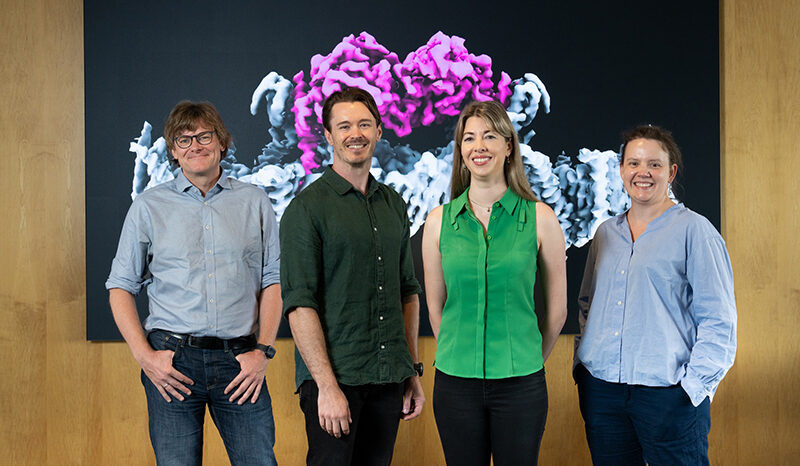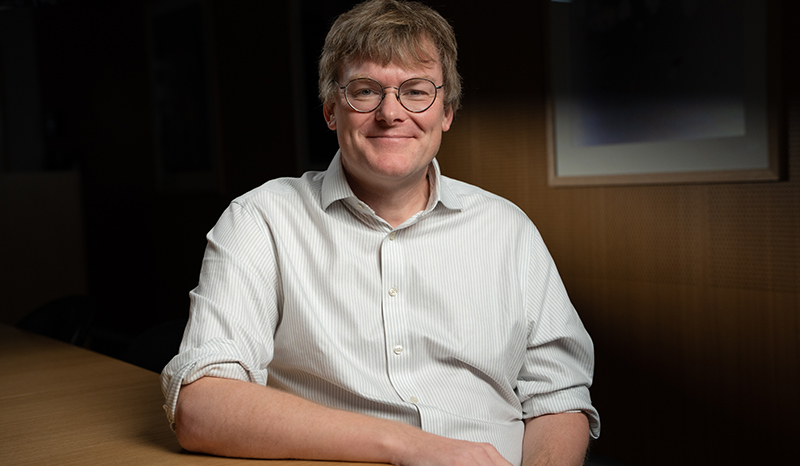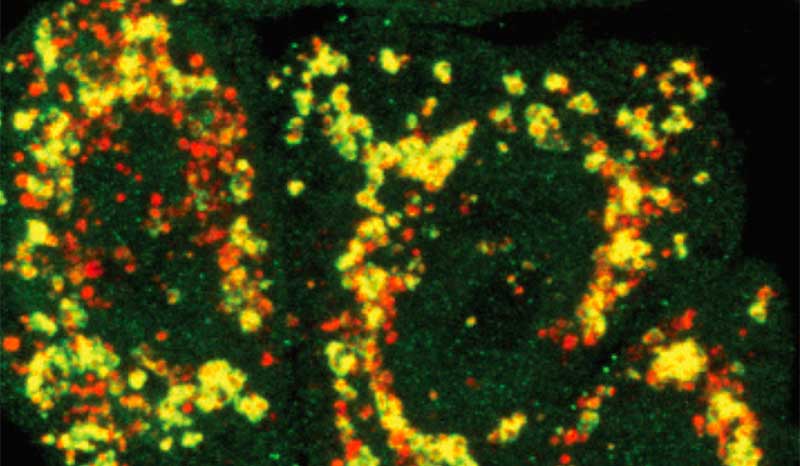Our lab focus is ubiquitination in health and disease.
Proteins, the machines that regulate all tasks within our cells, are constantly modified after they are made. These modifications can be highly tunable.
We study such modifications to:
* Discover new principles and pathways they regulate
* Develop new tools and techniques to study modifiers, and
* Harness the system and turn our insights into new medicines.
In the past five years we have focused on neurodegenerative disorders, including Parkinson’s disease, that affect the ageing population. We hope to uncover new diagnostics and treatments to stop or delay these incurable conditions.














